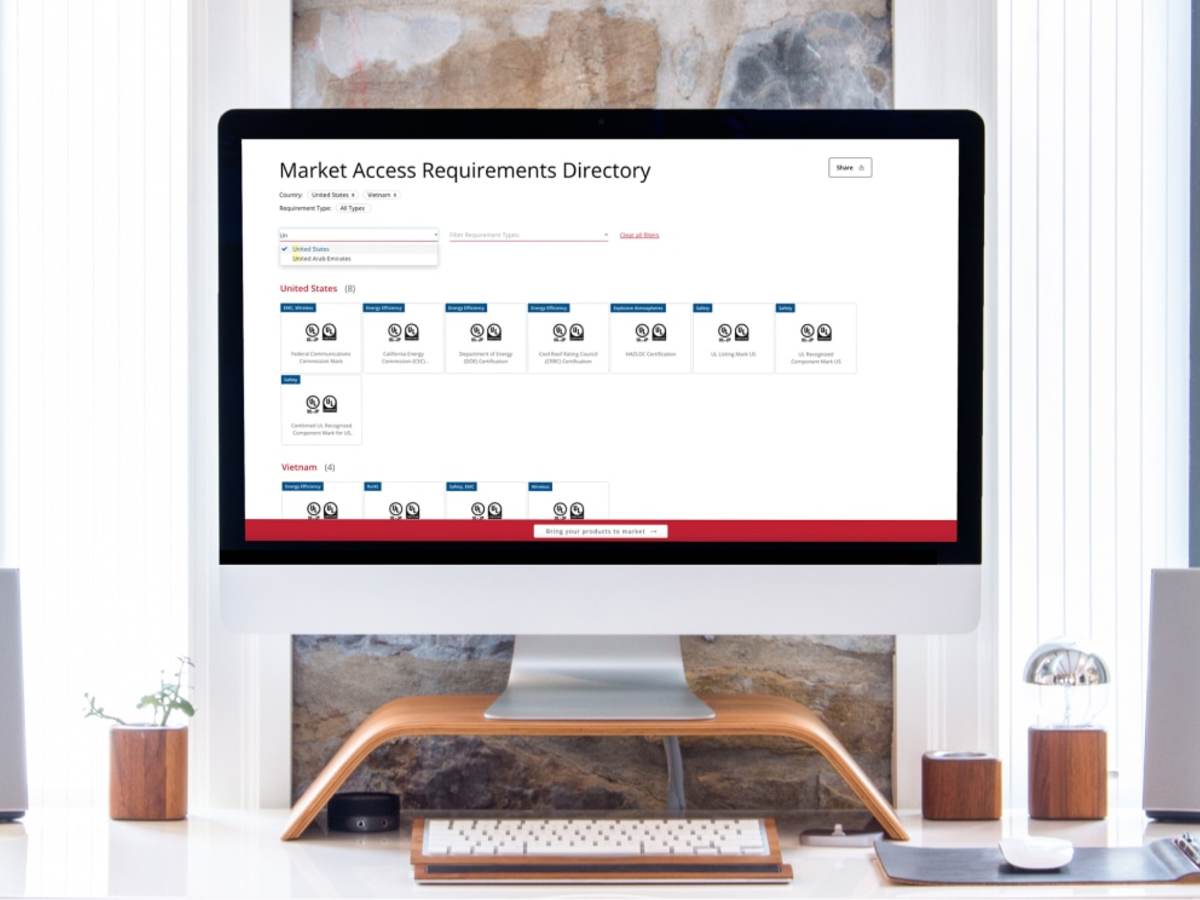
September 30, 2024
Welcome to this quarter's Global Market Access Regulatory Newsletter from UL Solutions. You'll find timely content on new and updated regulations in markets around the world — including Asia, Latin America and the Middle East — plus information about how our software can help you master your compliance needs.
This quarter's Global Market Access Regulatory updates

Qatar Communications Regulatory Authority Announces Shutdown of 3G Services
Qatar’s Communications Regulatory Authority (CRA) has issued a mandate to mobile service providers requiring the cessation of the provision of third-generation (3G) mobile telecommunications services (IMT-2000) in Qatar by December 31, 2025.
This decision aims to support and enhance the performance of fourth-generation (4G/LTE4) and fifth-generation (5G) services.
The CRA has also decided to immediately ban the import of mobile devices that only support second-generation (2G) and 3G technologies.
Bangladesh Ministry of Industries Adds New Mandatory Products
The Bangladesh Ministry of Industries (MOI) has added 26 new products to the list of mandatory products from the Bangladesh Standards and Testing Institution (BSTI) on August 2, 2024, with the publication of S.R.O No. 284-Act/2024 and S.R.O. No. 285-Act/2024. Household electric kettles, PVC pipes for electrical conduits and moulded case circuit breakers (MCCB) low voltage switchgear and control gear are now included in the list.
The two Statutory Regulatory Orders (SROs) state that the government has banned the sale, distribution and commercial advertisement of the products specified in Column (2) unless their quality is equivalent to the relevant Bangladesh standard specified in Column (3).
Also, the government requires the standard mark be affixed to the surface or, as applicable, on the cover or label of the products, if the quality of the products is equivalent to the relevant Bangladesh standard. To use the standard mark, manufacturers are required to undergo BSTI Certification where the products will be tested using the applicable Bangladesh Standard (BDS). With the addition of the 26 products, the updated list of mandatory products from BSTI is now 299. This notification shall come into force on the day following the expiration of a period of two months from the date of publication in the Official Gazette.
| Serial Number | Product Name | Bangladesh Standard |
|---|---|---|
| (1) | (2) | (3) |
| 1 | Quick-Frozen French-Fried Potatoes | BDS 1997 |
| 2 | Pastry | BDS 1996 |
| 3 | Virgin Coconut Oil | BDS 2015 |
| 4 | Mayonnaise | BDS 1503 |
| 5 | Bread Rolls | BDS 1074 |
| 6 | Baking Powder | BDS 657 |
| 7 | Margarine | BDS CAC 32 |
| 8 | Olive Oils and Olive Pomace Oils | BDS CXS 33 |
| 9 | Whey Powders | BDS CXS 289 |
| 10 | Jamdani Sharee | BDS 1920 |
| 11 | Cotton Bed Sheets | BDS 951 |
| 12 | Cotton Long Cloth | BDS 64 |
| 13 | Wall Clocks (Battery-operated) | BDS 1722 |
| 14 | Sucralose, Food Grade | BDS 1933 |
| 15 | Sanitary Tapware-Shower Outlets | BDS EN 1112 |
| 16 | Vacuum Flask | BDS 576 |
| 17 | PVC Pipes for Electrical Conduits | BDS EN 61386-21 |
| 18 | Colour Pencils | BDS 2020 |
| 19 | Adhesive Insulation Tapes for Electrical Purposes | BDS 1019 |
| 20 | Electric Kettles for Domestic Use | BDS 253 |
| 21 | Moulded Case Circuit Breaker (MCCB) Low-Voltage Switchgear and Controlgear-Part 2: Circuit-Breakers | BDS IEC 60947-2 |
| 22 | Reusable Sanitary Napkin | BDS 2024 |
| 23 | Fire Door | BDS ISO 3008-1 |
| 24 | Structural Steel and Angle | BDS ISO 630-1 |
| BDS ISO 630-2 | ||
| BDS ISO 630-3 | ||
| 25 | Concrete Masonry Unit | BDS EN 771-3 |
| 26 | LPG Composite Cylinder | BDS ISO 11119-3 |
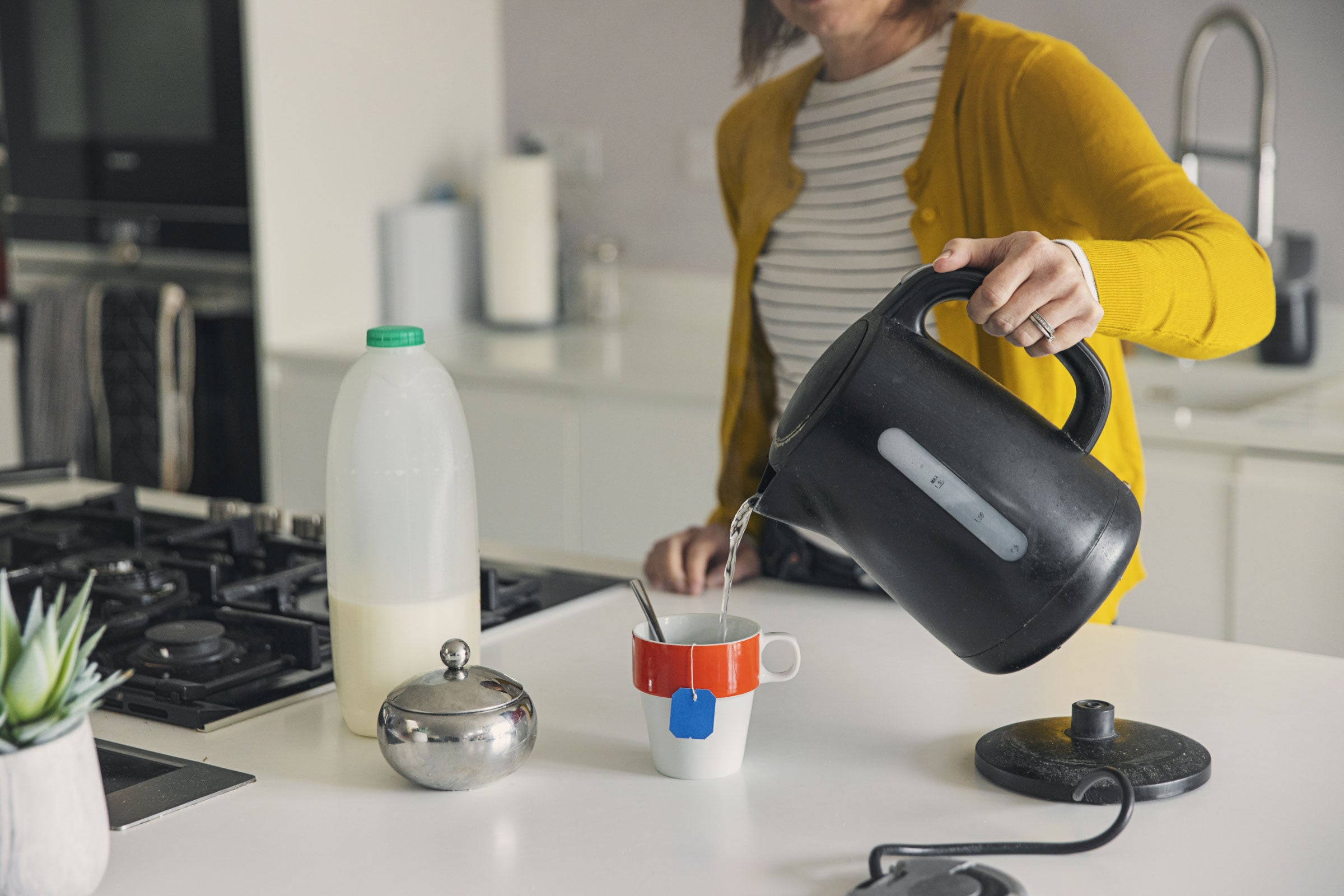

Updates to Indonesian Technical Standards for Short-Range Devices
The Indonesian Directorate General of Resources and Equipment of Post and Information Technology (SDPPI) has issued the Decree of the Minister of Communication and Informatics No. 260 of 2024 (Decree 260/2024) concerning Technical Standards for Short-Range Devices.
The Decree outlines specifications and requirements for the following short-range devices (SRD):
- Bluetooth IEEE 802.15.1
- Near Field Communication (NFC)
- Radio Frequency Identification (RFID)
- Low-Rate Wireless Personal Area Network (LR-WPAN) IEEE 802.15.4
- Cordless Telephones
- Wireless Power Transmission (WPT)
- Intelligent Transport System (ITS)
- Ultra-Wide Band (UWB)
- Devices with transmit power below 10 mW
- Other SRDs
UWB is a new technology not listed in the previous SRD technical standard and WPT now has a specific allocation.
There are also additions of allowed frequency bands for some technologies:
- 433 - 434.79 MHz and 2400 - 2483.5 MHz for RFID
- 314 - 316 MHz, 433 - 434.79 MHz, and 920 - 923 MHz for LR-WPAN
The Decree came into force on August 11, 2024. Test reports of short-range devices issued before this Decree took effect will remain valid for certification purposes as long as they align with the provisions of this Decree. All devices within the scope of this standard intended for sale in Indonesia must be certified and comply with the outlined requirements.
European Commission Issues Updated Version of the Exemption List for Electrical Equipment
The European Commission (EC) has issued a new and updated version of the Rolling Plan status of the technical exemptions under the Restriction of the Use of Certain Hazardous Substances in Electrical and Electronic Equipment (EEE) Directive (RoHS Directive). This version allows for exemptions from restrictions on the content of hazardous substances in EEE.
Such exemptions are temporary and evaluated regularly, considering:
- The availability, practicability and reliability of substitutes
- The environmental, health and consumer safety impacts of substitution
- The socioeconomic impact of substitution
- Any potential adverse impacts on innovation
Exemption application renewal shall be made no later than 18 months before the exemption expiration; according to this condition, when a renewal request is submitted, the exemption remains valid until the Commission makes a decision.
This decision might indicate a new expiration date or, in cases of rejection, grants a transition period of 12 to 18 months before the exemption expires.
In cases where no application for renewal was submitted in time, the exemptions will expire on the date specified in Article 5, or in the relevant annex of the Directive.
The updated RoHS exemption list is available here.
Note: This document has no legal effect. Please refer to the official text of RoHS Directive.

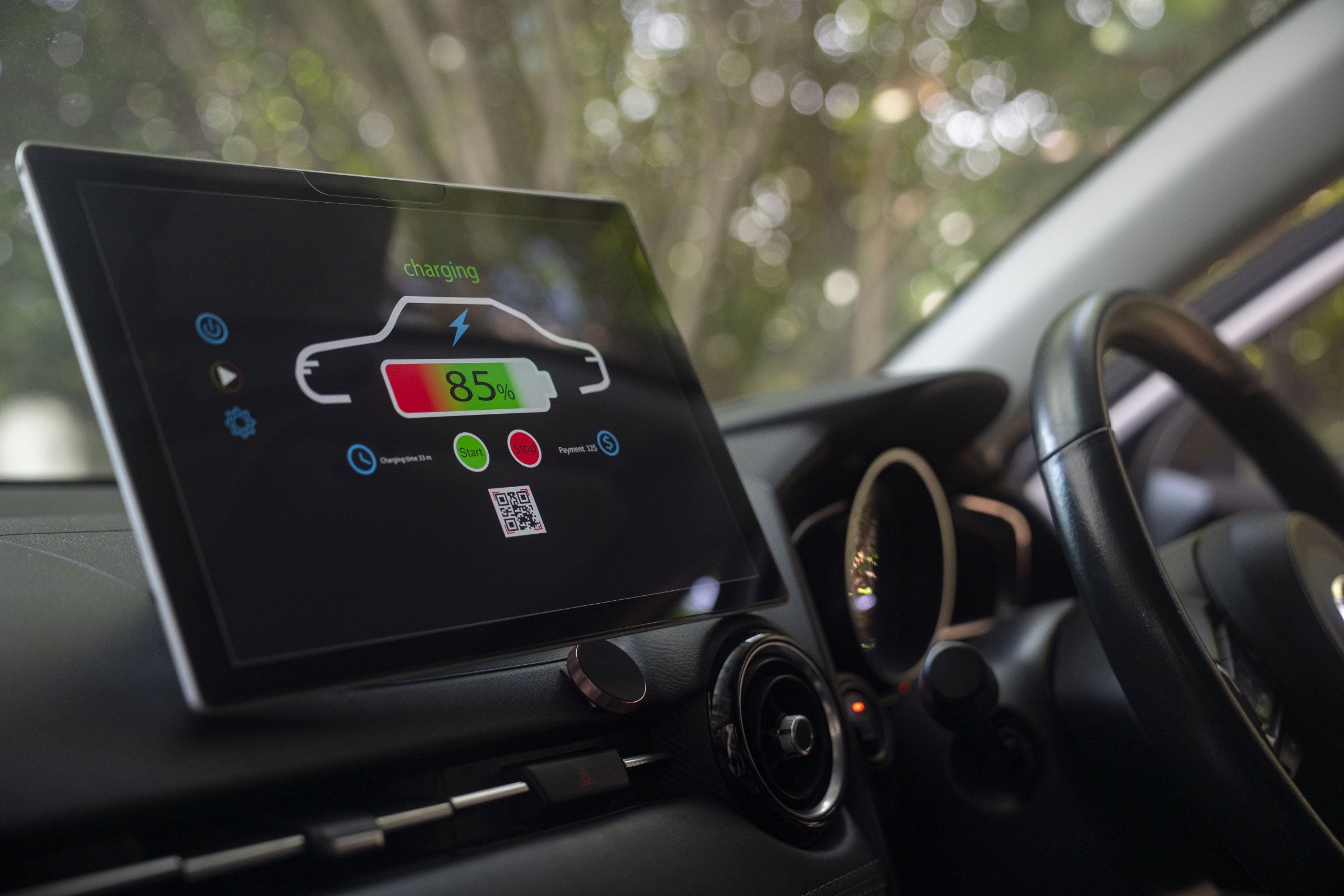
Philippines Issues New Energy Labeling Guidelines for Display Monitors
The Department of Energy - Energy Utilization Management Bureau (DOE-EUMB) in the Philippines has issued the Implementing Guidelines of the Philippine Energy Labeling Program for Display Monitors, 2024, 1st Edition (PELP-IG).
The PELP-IG is pursuant to Sections 5 and 9 of Department Circular No. 2020-06-0015, as amended, which expands the covered Energy-Consuming Products (ECP) list to include display monitors. It contains the Particular Requirements (PPR) which specify the Minimum Energy Performance (MEP), Energy Efficiency Performance Rating (EEPR), and other relevant information applicable to display monitors.
This PPR covers display monitors operating in alternating current (AC) or a combination of AC and direct current (DC) sources connected by digital inputs such as but not limited to:
- Display Port (DP)
- High-Definition Multimedia Interface (HDMI)
- Digital Visual Interface (DVI)
- Universal Serial Bus (USB)
- Wireless and Network Connection Analog Video Graphics Array (VGA) input
It also includes a Code of Practice on Energy Labeling Products (COPE) which provides the calculation methods. Other information such as the specifications and dimensions of the energy label is also included in the PELP-IG. Although the PELP-IG took effect fifteen (15) days following its publication in at least two (2) newspapers of general circulation, product registration shall start once the PELP Online Product Registration Platform becomes available.
New South Wales Introduces Safety Standards for E-mobility Devices
The New South Wales (NSW) Government has announced that starting February 2025, e-mobility devices such as e-bikes and e-scooters and lithium-ion batteries used to power these devices sold in NSW must comply with the prescribed safety standards. These requirements have been introduced to ensure that only safe and compliant products are available on the market, reducing the risk of fires.
Key dates:
- August 2024 - Announcement of the new standards
- February 2025 - Enforcement of the new standards begins
- August 2025 - Mandatory testing and certification requirements enforced
- February 2026 - Mandatory labeling requirement enforced
Applicable standards:
- E-bike batteries:
EN 50604-1:2016+A1:2021, IEC 62133-2:2017, or UL 2271 - E-bikes:
AS 15194:2016, EN 15194:2017+A1:2023, or UL 2849 - E-scooters, e-skateboards and hoverboards:
AS/NZS 60335.2.114:2023, EN 17128, or UL 2272 - E-scooter, e-skateboard and hoverboard batteries:
AS/NZS 60335.2.114:2023, or UL 2271
Test reports for certification must be completed to the full relevant standard including any amendments, and they will only be accepted if completed by accredited laboratories. For example, Australia’s National Association of Testing Authorities, Australia (NATA), China’s National Accreditation Service for Conformity Assessment (CNAS), or in Europe by the relevant accreditation body, etc.
The NSW product approval number must be placed on e-mobility products offered for sale in NSW (3rd phase of requirements commencing February 1, 2026).
New safety standards for lithium-ion batteries in e-mobility devices
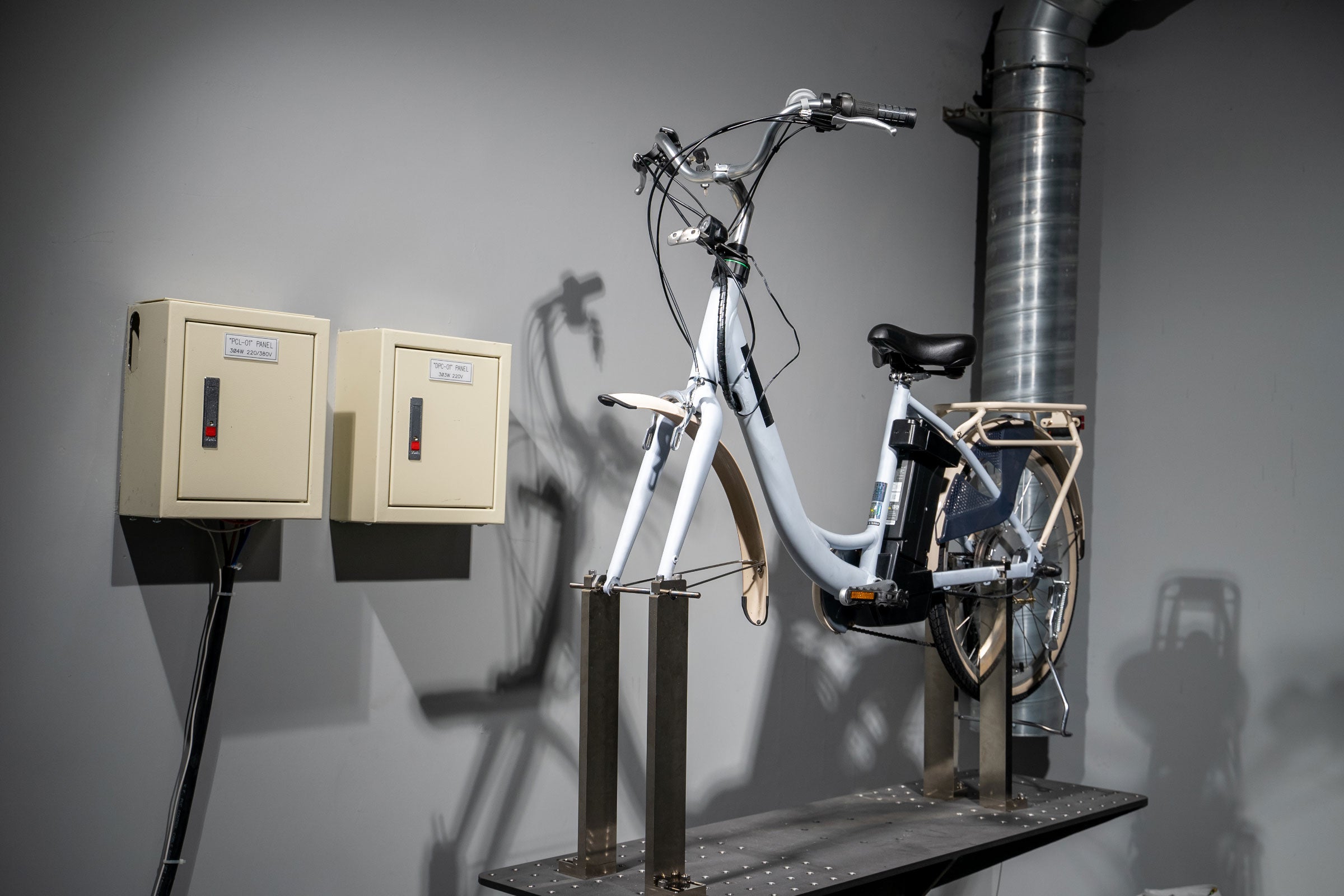
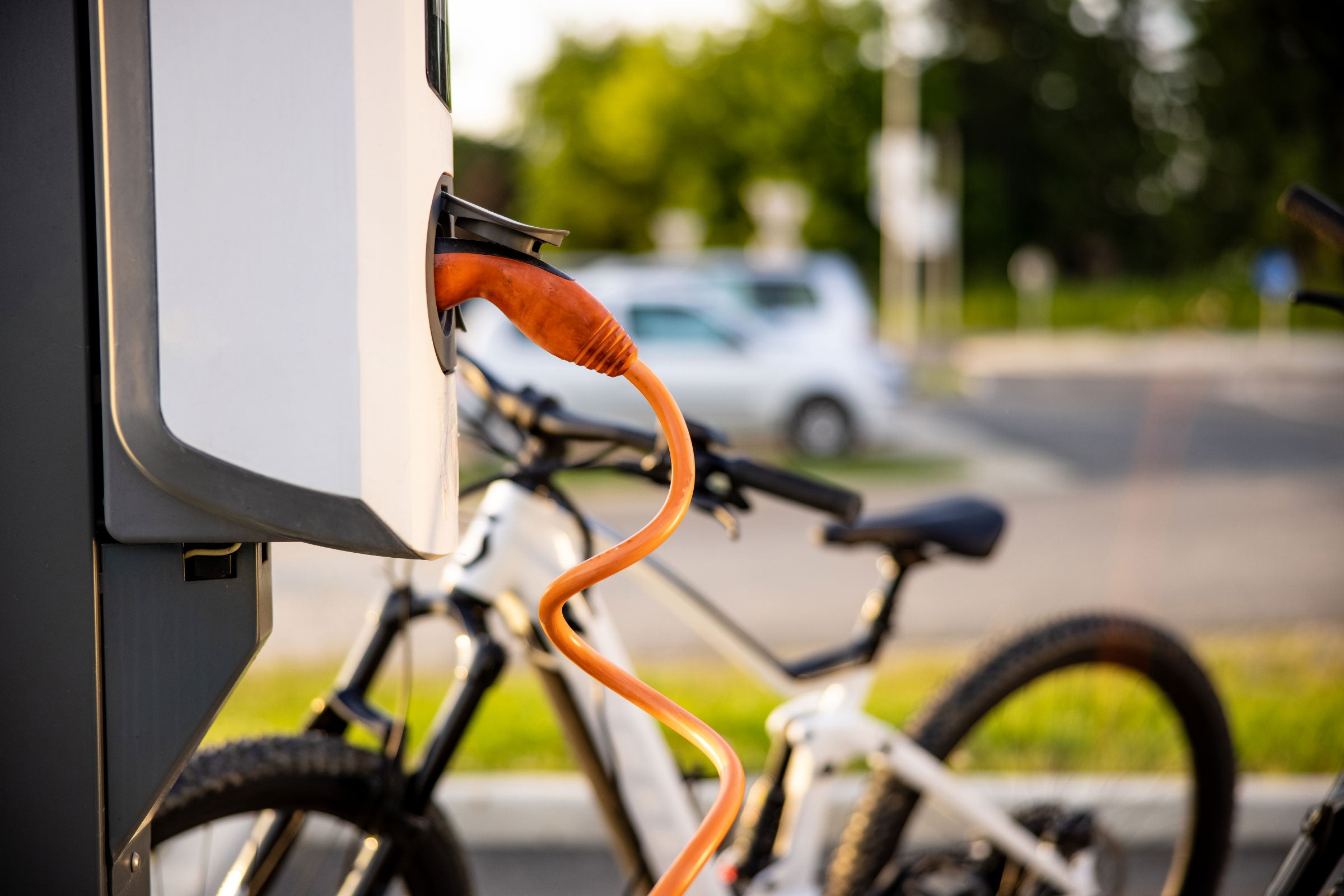
China Announces Rules for Lithium-Ion Batteries and Chargers for Electric Bicycles
The State Administration for Market Regulation (SAMR) in China has announced the implementation of compulsory product certification (CCC) management for lithium-ion batteries and chargers for electric bicycles with No. 26, 2024.
CCC applications for lithium-ion batteries and chargers for electric bicycles will be accepted starting October 15, 2024.
Beginning November 1, 2025, lithium-ion batteries and chargers used in electric bicycles must obtain a CCC certificate with a CCC mark before they can leave the factory, be sold, imported or used in other business activities.
Previously, these products were in the China Quality Certification (CQC) voluntary scope only.
The National Certification and Accreditation Administration (CNCA) has also published announcement No. 16 of 2024 to release two implementation rules for lithium-ion batteries and chargers for electric bicycles:
- CNCA-C11-21: 2024 "Implementation Rules for Compulsory Product Certification of Lithium-ion Batteries for Electric Bicycles"
- CNCA-C11-22: 2024 "Implementation Rules for Compulsory Product Certification of Electric Bicycle Charger”
The certification mode for these products is “type test + enterprise quality assurance ability and product consistency inspection (initial factory inspection) + after certification supervision”.
The certificate is valid for five (5) years.
The applicable standards for CCC certification:
- Lithium-ion battery for electric bicycle: GB 43854-2024
- Charger for electric bicycles: GB 42296-2022
The rules take effect on October 15, 2024, but applicants should review the certification rules and guidelines issued by CQC.
https://www.cnca.gov.cn/zwxx/gg/zjgg/art/2024/art_aa301e8efe794dd9aa6f1200362d0cf4.html
https://www.gov.cn/zhengce/zhengceku/202407/content_6960795.htm
https://www.cnca.gov.cn/zwxx/gg/2024/art/2024/art_05f615de010f4fd4ab01d9acd4ddafc1.html
Related software
Global Compliance Management
Every month, more than 100 new regulations go into effect. Keeping up with evolving requirements is an incredibly complex challenge that takes focus away from entering new markets and growing in current ones. With total visibility into your compliance needs and activities, you can make more strategic choices to streamline compliance activities and maintain market access.
New from UL Solutions, Global Compliance Management (GCM) software suite provides real-time regulatory intelligence, continuous compliance management, and instant access to holistic guidance from experts to support your market access and product compliance strategy. GCM software suite consists of three modules: Regulatory Intelligence, Compliance Portfolio, and Regulatory Advisory. These modules may be utilized individually or together, depending on your compliance needs.

Canadian Government Mandates Reporting of Certain PFAS Substances
A notice has been published in Canada Gazette, Part I, requesting information on the following substances, to assess their actual or potential toxicity and to decide whether and/or how to control the risks posed by these substances:
- Certain per- and polyfluoroalkyl substances(PFAS) on their own or in mixtures
- Products or manufactured items related to the calendar year 2023
Reporting requirements will apply to 312 PFAS included under Schedule I according to:
- Total quantity imported/manufactured of PFAS substances on their own and PFAS-containing mixtures, products or manufactured items
- PFAS substance type, whether included in Schedule 1 Part 1, Part 2 or Part 3
- Category or intended use of the manufactured item
- PFAS concentration in the manufactured item
Responses to this notice shall be submitted to the Minister of the Environment submitting Excel Reporting File via Environment and Climate Change Canada's Single Window online reporting system no later than January 29, 2025.
Malaysia Publishes Updates on Safety Approval Guidelines
The Malaysian Energy Commission, or Suruhanjaya Tenaga (ST), has published the seventh edition of the Guidelines for the Approval of Electrical Equipment (2024 Edition). It guides all manufacturers, importers, exhibitors, sellers and advertisers of regulated electrical equipment, as well as registered laboratories and certification bodies, to ensure compliance with the Electricity Supply Act 1990 [Act 447] and Regulations.
Chapter Four (4) of the Guidelines outlines new products within the scope of electrical safety approval in Malaysia, which include:
- Electric vehicle (EV) chargers
- Ice cream makers
- Power track system/modules
- Universal socket outlets
- Supply track lamp fittings
- Electric toothbrushes
- Steam mop/cleaners
- Handheld screwdrivers and impact wrenches
- Portable power stations
- Insect trappers
- Insect swatters
- Aroma diffusers
The section for Electrical Equipment/Minimal Energy Performance Standards (EE/MEPS) is updated as well, but still in accordance with the standalone guidelines of each product.
The minimum edition of standards is also updated.
- For example, IEC 60335-2-24:2005 standard for refrigerators is updated to IEC 60335-2-24:2010
- IEC 60335-2-7:2006 standard for washing machines is updated to IEC 60335-2-7:2008+A1:2011
Please note that newer editions of MS or IEC standards are also accepted.
Chapter Eight (8) of the Guidelines provides an updated table for the nominal voltage requirements and the testing voltage and frequency for electrical equipment. It also includes the new requirements for electric vehicle system equipment chargers and luminaires, and the addition of the regulated accessories incorporated with main products (e.g. lamps, USB adaptors/chargers, etc.).
This 2024 edition of the Guidelines revokes the Guidelines for Approval of Electrical Equipment (Electricity Regulations 1994) 2018 Edition with registration number GP/ST/ No.14/2017. It takes effect June 21, 2024. It is stipulated that the provisions in these Guidelines shall be complied with within one year from the date of coming into operation of this version.
Guidelines for the Approval of Electrical Equipment: 2024 Edition
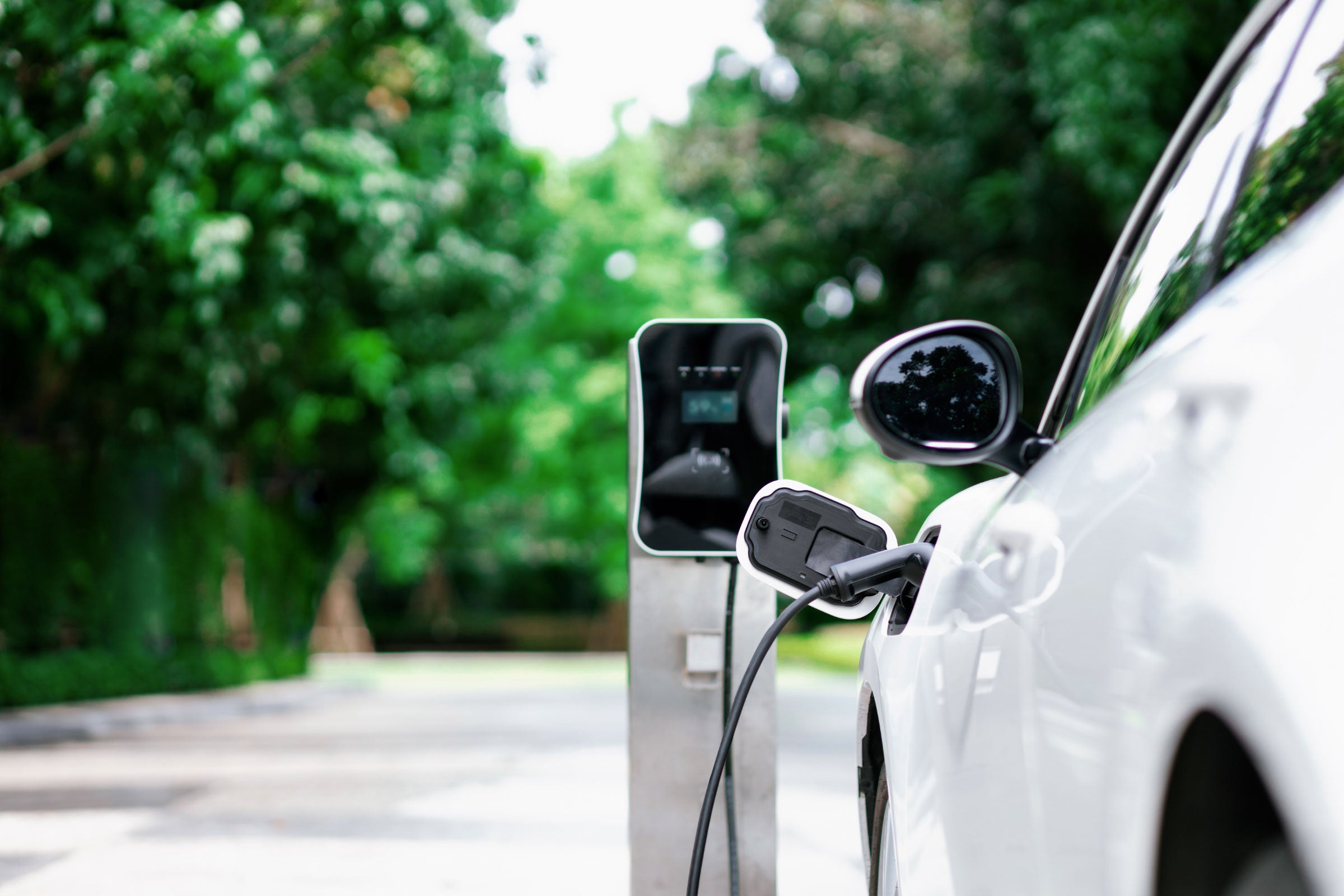
Nigeria Updates Type Approval Rules: Key Changes and New Standards
The Nigerian Communications Commission (NCC) has published the Type Approval Business Rules, issued pursuant to the Nigerian Communications (Type Approval) Regulations, 2024.
The business rules set out the labeling and type approval standards, procedures and requirements.
The main changes published include the following:
Type approval for modified equipment and testing
- The conditions wherein the type approval modification process is applicable include:
- Changes to the type-approved equipment may affect compliance with the applied standards and requirements to which it has been previously tested and validated
- Changes to the type-approved equipment may affect a network interface or have an effect on the technical requirements relating to safety, EMC or radio frequency behavior of the concerned equipment
- Changes in the version of software and firmware used in the equipment that affects the network and basic functionality of the equipment as well as the information recorded in the type approval register
- The requirements for type approval modification are:
- Copy of the previous type approval certificate
- Schematic diagram if different from the original equipment
- Declaration of conformity by the manufacturers
- Laboratory test results of the modified assembled radio telecommunications transceiver terminal equipment
- Cover letter from the manufacturer explaining reasons for modifications, provided it refers to a radio component
- Installation or operating manuals for specific types (optional)
- A sample of the devices (in certain cases)
- Any other documents that differ from the previous application
Labeling
- For devices with digital display and/or remote login capabilities, the NCC may permit the use of e-labeling. For other devices without digital display, the label must be on the device and packaging.
- In the event of e-labeling being used on devices with digital display and/or remote login capabilities, the packaging shall include the label with model number and other new methods not limited to QR codes.
- The updated label is included in the published document:

Type approval standards
- Standards for 4G, 5G and license-exempt short-range devices (SRDs) have been added in Tables 12, 13 and 16 of the document.
Nigerian Communications Commission Device Management System (NCC-DMS)
- The NCC-DMS is a Central Equipment Identity Register (CEIR) that keeps device records and manages device access to mobile networks.
- Device suppliers must register all types of approved devices on the NCC-DMS. Required information such as the IMEI numbers must be provided. The payment fee for the registration is different from the type approval fee.
Type Approval Business Rules - (Issued Pursuant to the Type Approval Regulations 2024)


Oman Introduces New Regulations on Telecom Devices
The Oman Telecommunications Regulatory Authority (TRA) has issued new regulations for the approval of telecommunications devices. The main changes in the document include:
Certificate Validity and Renewal Procedure
- Certificate is valid for four years from the date of issue
- Renewal requests must be submitted to the TRA before the expiration date of the certificate
- For current, valid certificates issued before this regulation date, expiration dates will take effect after four (4) years from the date of issue
TRA Label
- The TRA Label is required to be printed or placed as a sticker on the device package, visible and not removable
UL Solutions Market Access Portal
Enter markets with confidence
Discover global go-to-market requirements and simplify your compliance planning with our new Market Access Portal.
Stay informed
Actionable insights on the topics you choose, delivered directly to your inbox.


